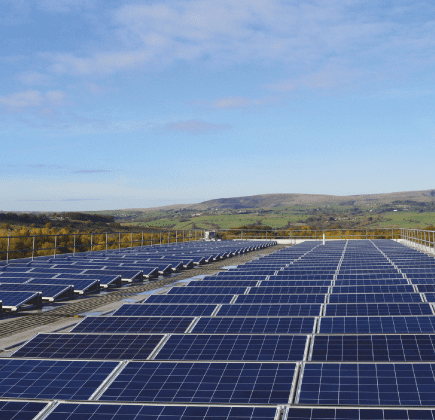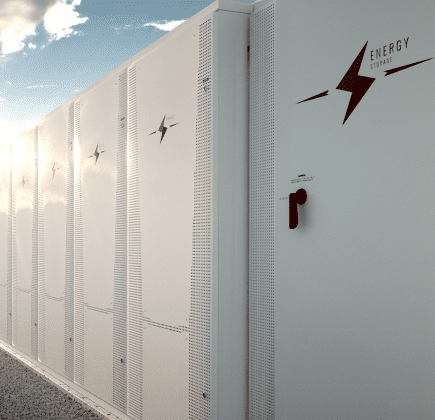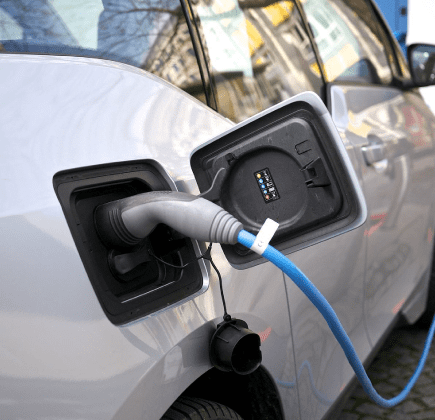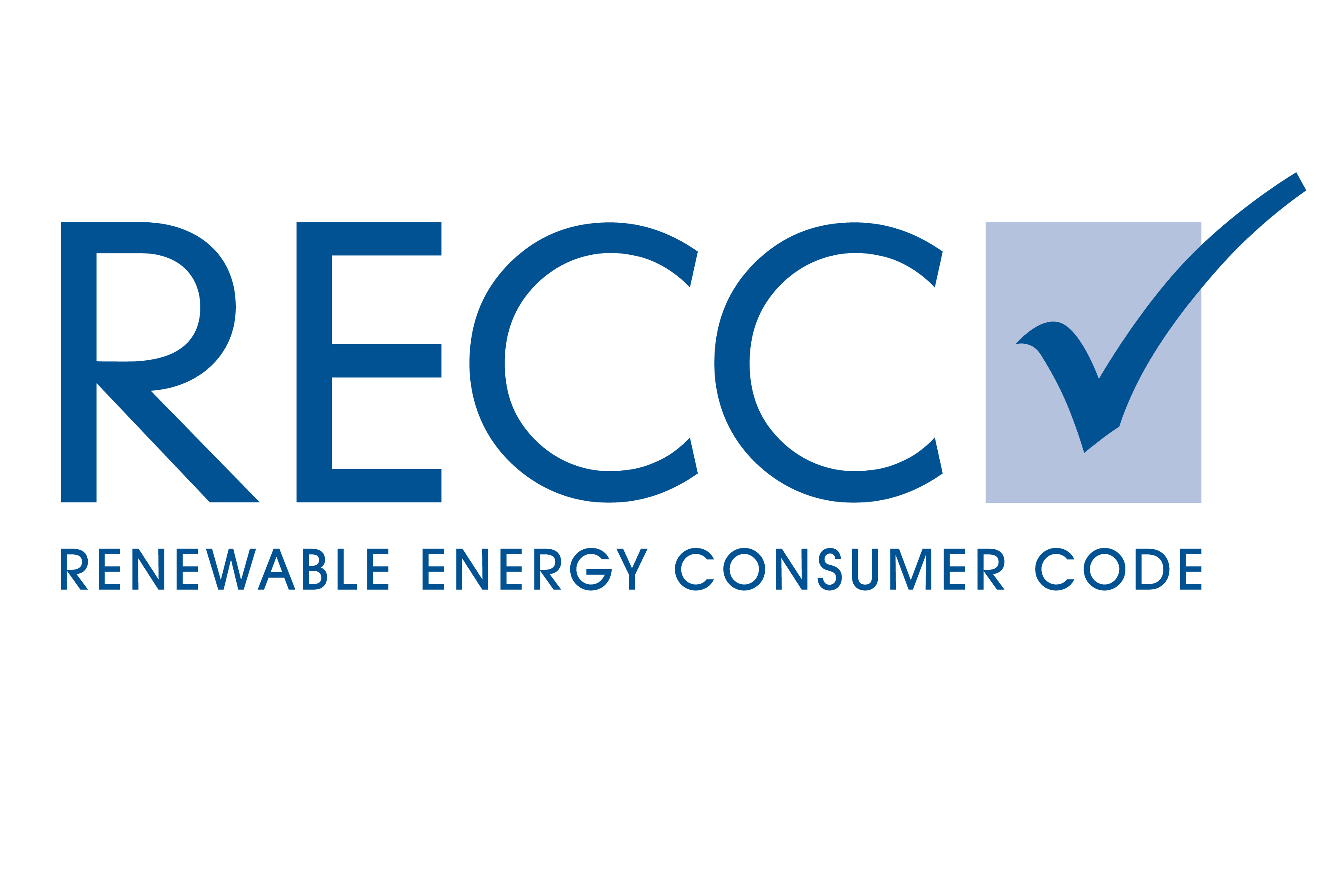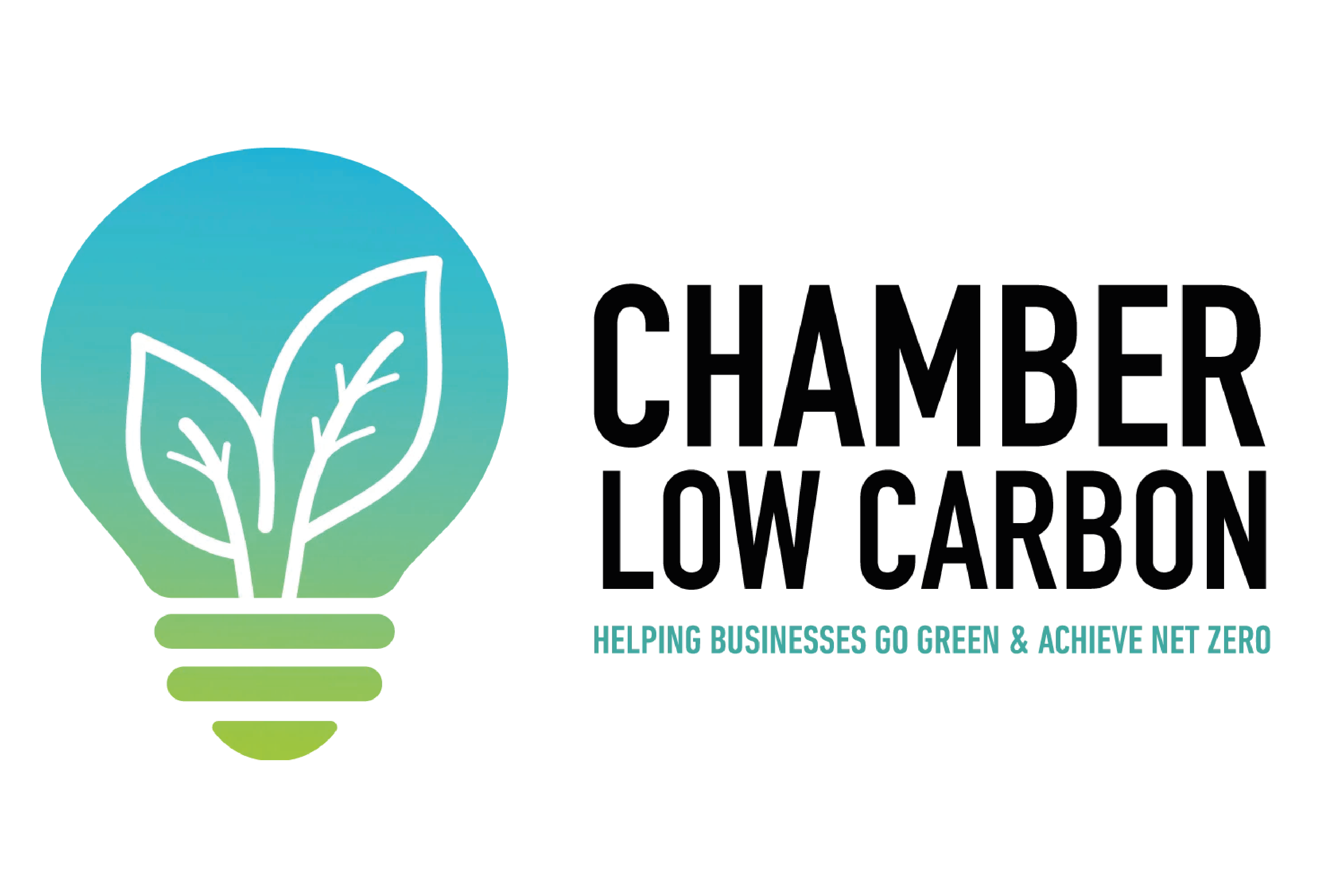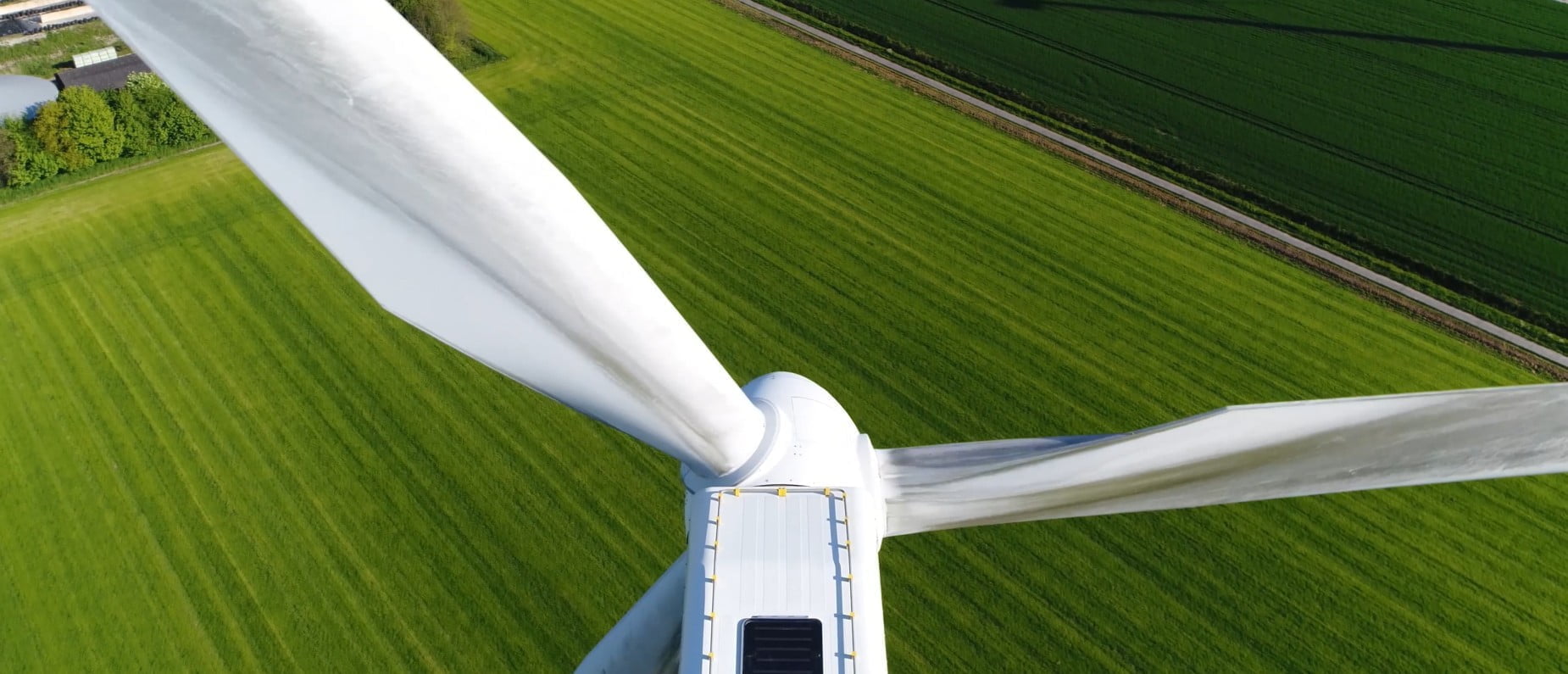
Restrictions lift again, 1 year on – how close are we to Net Zero?
On July 19th, 2021, the government finally lifted the majority of the lockdown restrictions we’ve all been living with for so long. The long-anticipated announcement covered a raft of measures; amongst the most significant were the downgrading of face coverings from a legal requirement to a ‘strong recommendation’, and the re-opening of nightclubs and other adult entertainment venues. It’s difficult not to draw certain parallels with this time last year, which also saw millions of people breathe the first sigh of relief as the most severe restrictions were lifted.
That first lockdown would ultimately turn out to be one of the strictest in Europe, and it enacted a devastating toll on the country at large. However, there were some small but significant upsides. The combination of unexpectedly beautiful weather, together so many people unable to work in their normal offices, gave millions of us more time to appreciate the natural world around us – as well as how our actions and lifestyles might be impacting it.
The lockdown led to a record decrease in emissions in 2020, down by 13% compared to the previous year. There were widespread reports of people enjoying noticeably cleaner air, which also had a big impact on the efficiency of domestic, industrial and commercial solar panels. There’s a simple reason for that – less air pollution meant that more sunlight was able to come into contact with the panels, increasing the amount of energy they generated. That hints of even more promising potential in the years to come, as the UK pursues its goal of achieving Net Zero.
So, one year on from the end of that first lockdown, and with the Covid-19 pandemic still such a big part of our daily lives, how are things looking on UK progress towards Net Zero?
Where are we at with our Net Zero progress now?
At first glance, the situation looks quite encouraging. According to a Carbon Brief report released back in March 2021, the UK’s greenhouse emissions in 2020 were 49% below 1990s levels. With that, the UK is now halfway towards its target of achieving Net Zero emissions by 2050, in which the amount of emissions being put into the atmosphere will be balanced out by the amount of them being simultaneously removed.
And just a month later, in April of this year, the government announced enshrined a new target in law – by 2035, it aims to to slash emissions by 78% compared to 1990s levels. It’s been hailed as the world’s most ambitious climate targets, and a vital staging post in the steady march towards achieving Net Zero. (Along the way, ministers expect to hit a 68% reduction by the year 2030.)
So initially, the situation looks relatively positive. However, the UK is far from out of the woods, not least because the pandemic still poses a serious obstacle to further progress. A report by Institute for Government from July 7th, 2021, warns that Britain is currently “off course” as things stand, because the government’s plans to tackle climate change are somewhat contradicted by its strategy for the pandemic recovery.
Essentially, the report argues that as a nation, we cannot afford to wait until the 2030s before we begin the bulk of our progress on achieving the Net Zero target. We need more tangible action within the next decade, alongside the pandemic recovery. Notably, the IfG points out that the Treasury has failed to prioritise any green measures in any fiscal statement since March 2020.
The IfG acknowledges the difficulty in aligning these two goals. We’re already seeing evidence of this on a global scale – while global emissions fell by 6% worldwide in 2020, the figures are now higher than ever as many countries have gone into overdrive while repairing the damage to their economies.
But with the UK due to host the 2021 United Nations Climate Change Conference in Glasgow later this year, it’s fair to say that pressure will be ramping up on the government to deliver action, and not just promises.
So what’s next?
The upcoming COP26 conference will give the world’s governments a high-profile platform to unveil their climate change strategies, but as a nation, we already have a good idea of the most important points that the UK governments to address in order to have a strong Net Zero strategy:
- A ‘Net Zero Test’ has been suggested for all new government policies, to ensure they contribute towards Net Zero progress rather than undermining it.
- An ambitious Heat and buildings Strategy is required urgently, and one that works for consumers
- Delayed plans on surface transport, aviation, hydrogen, biomass and food all need to be given fresh focus to ensure that they can be delivered
- Power sector plans also need to be given renewed attention; including those concerning industrial carbonisation, the North Sea, peat, and any energy from waste
- The government needs to have a solid strategy to ensure public engagement, including fair funding and delivery of climate plans at a local level
As to whether all this will be enough, only time will tell. So, that’s where things stand towards our national Net Zero target – the next question is, where does your business stand on yours?
As we’ve covered extensively before on the blog here at Low Carbon Energy, one of the single most reliable ways that businesses and organisations can achieve their own Net Zero targets is by transforming their business energy supply. And that’s exactly where our experts can help!
With more than 30 years of combined expertise, we know exactly how to help your business achieve its Net Zero ambitions with commercial solar panels. We’ve already completed plenty of large scale projects for high-profile clients, including Boohoo and Boeing. You can check these and more in our case studies – or, to find out more about how we can help you, feel free to give us a call today on 01282 421 489!
 Energy Technology
Energy Technology

Powering your present. Preserving your future.
Call us on 01282 421 489

strategy be a priority?

